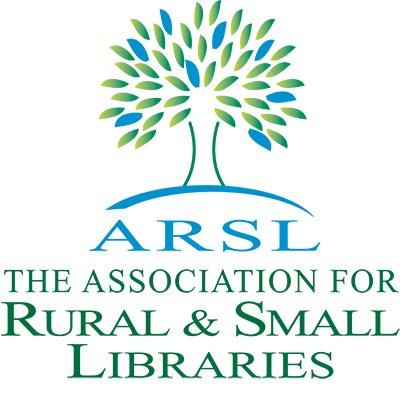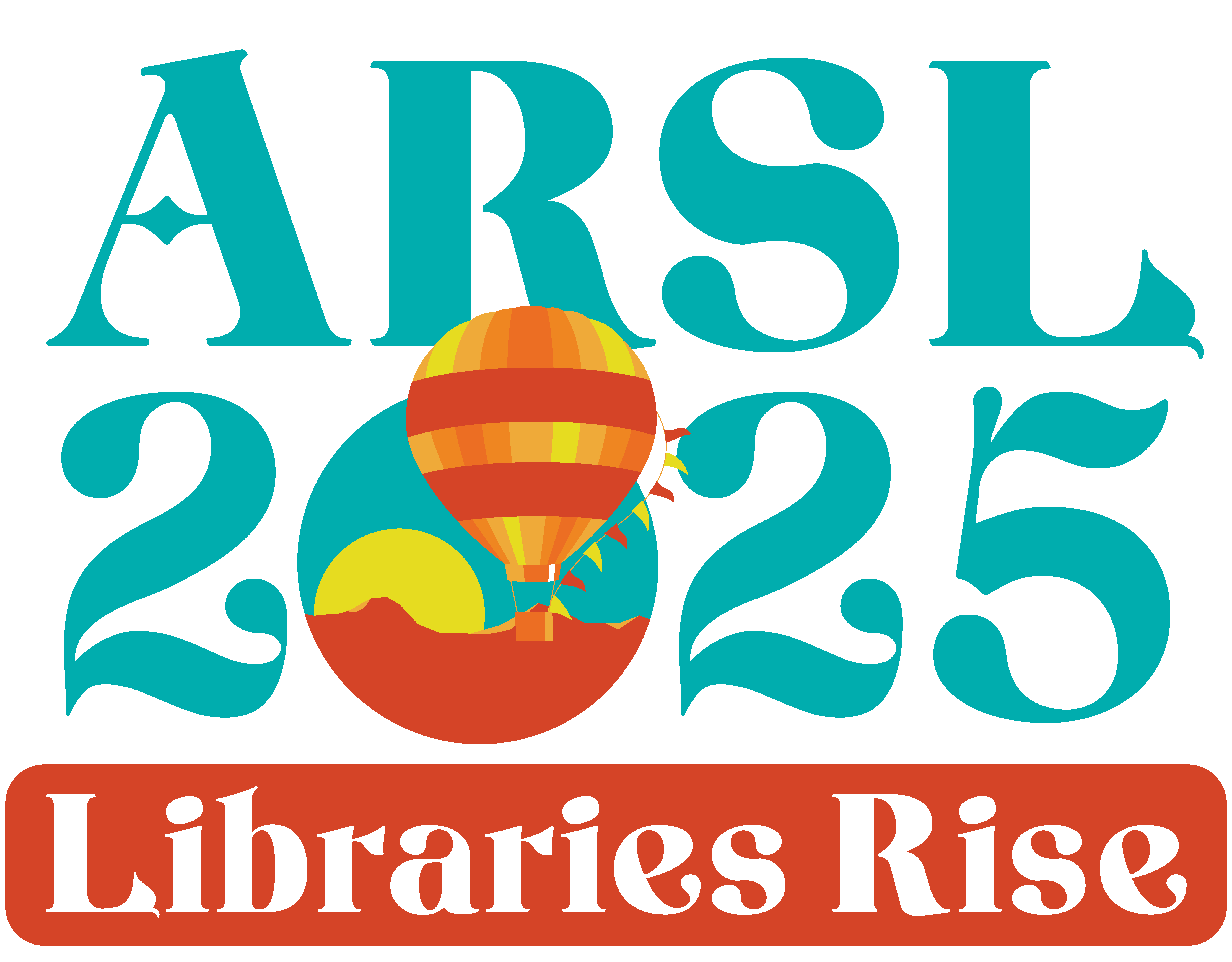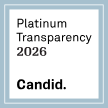- Home
- About
- Join ARSL
- Support
- Conferences & Events
- Resources
- Advocacy Center
- ARSL Blog: Rural Routes
- ARSL Partnerships
- ARSL W-9
- Grants & Funding Resources
- 2026 Literacy Bridges: Empowering 21st Century Communities Grant Program
- 2026 Overcoming Obstacles: Enhancing Access to Professional Development for Solo Librarians Grant Program
- ALA Libraries Transforming Communites Grant
- Infinite Sums Rural & Small Libraries Cohort Grant Program
- Sustainable & Resilient New England Libraries Grant
- Jobs
- Member Tools
- Natural Disaster Resources
- Newsroom
- Leadership Institute
Menu
Member Login
- Home
- About
- Join ARSL
- Support
- Conferences & Events
- Resources
- Advocacy Center
- ARSL Blog: Rural Routes
- ARSL Partnerships
- ARSL W-9
- Grants & Funding Resources
- 2026 Literacy Bridges: Empowering 21st Century Communities Grant Program
- 2026 Overcoming Obstacles: Enhancing Access to Professional Development for Solo Librarians Grant Program
- ALA Libraries Transforming Communites Grant
- Infinite Sums Rural & Small Libraries Cohort Grant Program
- Sustainable & Resilient New England Libraries Grant
- Jobs
- Member Tools
- Natural Disaster Resources
- Newsroom
- Leadership Institute

ARSL 2025 Schedule & Programs
Loading... |
The Association for Rural & Small Libraries
© Copyright 2026 The Association for Rural & Small Libraries. All rights reserved.
© Copyright 2026 The Association for Rural & Small Libraries. All rights reserved.


